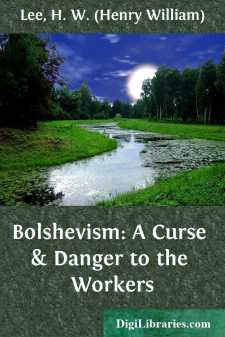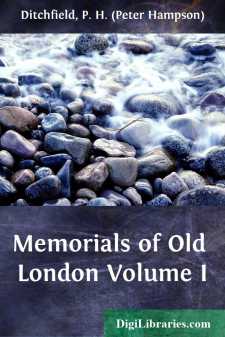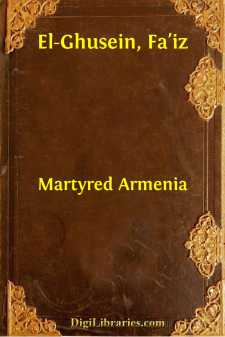History
- Africa 30
- Americas (North Central South West Indies) 50
- Ancient 68
- Asia 58
- Australia & New Zealand 8
- Canada 41
- Caribbean & West Indies 1
- Civilization 20
- Eastern Europe 12
- Europe 310
- Expeditions & Discoveries 60
- General 77
- Historical Geography 1
- Jewish 9
- Latin America 3
- Medieval 8
- Middle East 13
- Military 248
- Revolutionary 8
- Study & Teaching 5
- United States 353
- Western Europe 56
- World 13
History Books
Sort by:
CHAPTER I. Cromwell is sick unto death.—Fears and suspicions.—Killing noMurder.—A memorable storm.—The end of all.—Richard Cromwellmade Protector.—He refuses to shed blood.—Disturbance anddissatisfaction.—Downfall of Richard.—Charles Stuart proclaimedking.—Rejoicement of the nation.—The king comes into his own.—Entryinto London.—Public joy and satisfaction. On the 30th of...
more...
by:
Grover Cleveland
INAUGURAL ADDRESS. MY FELLOW-CITIZENS: In obedience to the mandate of my countrymen I am about to dedicate myself to their service under the sanction of a solemn oath. Deeply moved by the expression of confidence and personal attachment which has called me to this service, I am sure my gratitude can make no better return than the pledge I now give before God and these witnesses of unreserved and...
more...
MADAME:—I lay it down as a maxim, that men who enter the service of the State should make it their chief study to set out in the world with some notable act which may strike the imagination of the people, and cause themselves to be discussed. Thus I preached first upon All Saints' Day, before an audience which could not but be numerous in a populous city, where it is a wonder to see the...
more...
FOREWORD BY WILL THORNE, M.P. I have been asked to write a brief introduction to the pamphlet which my old friend and comrade H.W. Lee has written on the undercurrent of Bolshevist propaganda going on in this country, of which the recent unauthorised strike outbreaks are outward and visible signs. I do this gladly. Our comrade Lee, through being long associated with the Social-Democratic Federation as...
more...
CHAPTER I. In accordance with the Proclamation of President Lincoln, calling out troops for three years, or during the war—which in future history will be better known as the great Southern Rebellion—a Regiment of Light Artillery was at once organized in this State, and the command given to Col. James Barnett, of Cleveland, than whom no person was more qualified for the position. For many years...
more...
by:
F. Jordan
FERDINAND VON SCHILL. Profound silence reigned in the valleys and gorges of Jena and Auerstadt. The battles were over. The victorious French had marched to Jena to repose for a few days, while the defeated Prussians had fled to Weimar, or were wandering across the fields and in the mountains, anxiously seeking for inaccessible places where they might conceal their presence from the pursuing enemy. A...
more...
At the beginning of the national era the internal commerce of the United States gave small promise of the tremendous development it was to undergo during the ensuing century. There was as yet too little differentiation of occupation to give rise to a large interstate trade in native products, and the proximity of the greater part of the population to the seacoast made it cheaper and more convenient to...
more...
I.—Celtic London When we see the words "Celtic London" at the head of a chapter we naturally feel inclined to ask, "Was there such a place? Was there any Celtic London?" Although it is almost impossible to answer such a question by either "yes" or "no," it may be worth while to examine it briefly before passing on to the domains of authentic history. In the first...
more...
by:
Fa'iz El-Ghusein
FOREWORD I am a Bedouin, a son of one of the Heads of the tribe of El-Sulût, who dwell in El-Lejât, in the Haurân territory. Like other sons of tribal Chiefs, I entered the Tribal School at Constantinople, and subsequently the Royal College. On the completion of my education, I was attached to the staff of the Vali of Syria (or Damascus), on which I remained for a long while. I was then Kaimakâm of...
more...
THE FIRST CHAPTER. Now Plautius had much adoo to find out the Britains in their lurking holes and couerts; howbeit when he had traced them out, first he vanquished Cataratacus, and after Togodumnus the sonnes of Cynobellinus: for their father was dead not verie long before. These therefore fléeing their waies, Plautus receiued part of the people called Bodumni Catuellani Bodumni (which were subiects...
more...


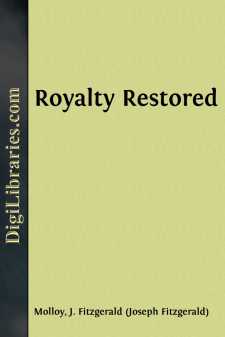
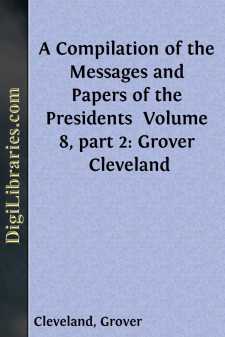
![The Memoirs of Cardinal de Retz - Volume 2 [Historic court memoirs]](https://digilibraries-com.s3.eu-central-1.amazonaws.com/covers/547d283e-2e95-4a35-bf95-e573caadc705.jpg)
